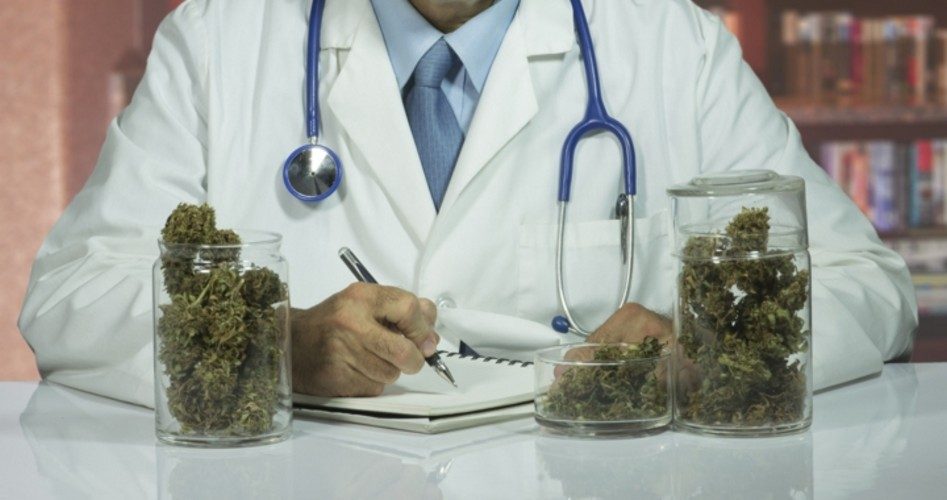
“The Administration steadfastly opposes legalization of marijuana and other drugs because legalization would increase the availability and use of illicit drugs, and pose significant health and safety risks to all Americans, particularly young people,” reads the White House website’s Marijuana Resource Center. It calls the drug a major public health threat, blaming it for ills such as respiratory disease, cognitive impairment, lowered IQs, abuse, and addiction.
President Obama, on the other hand, told The New Yorker in January, “I don’t think it is more dangerous than alcohol.” The president has joked about his felony possession and use of marijuana in the past and sang its praises in his memoir, Dreams From My Father:
I had discovered that it didn’t make any difference whether you smoked reefer in the white classmate’s sparkling new van, or in the dorm room of some brother you’d met down at the gym, or on the beach with a couple of Hawaiian kids who had dropped out of school and now spent most of their time looking for an excuse to brawl…. Everybody was welcome into the club of disaffection. And if the high didn’t solve whatever it was that was getting you down, it could at least help you laugh at the world’s ongoing folly and see through all the hypocrisy and bull[****] and cheap moralism.
Between these two extremes of steadfast opposition and wholehearted support are those who advocate medical use and decriminalization. Twenty states allow marijuana use for medical conditions, and 16 have decriminalized it, reducing punishments to fines and civil penalties. In 2012, Colorado and Washington State legalized recreational use for adults 21 and older. Attorney General Eric Holder told the Huffington Post he is “cautiously optimistic” about the Colorado and Washington initiatives, admitting it’s hard to tell what the next 10 years will bring by way of legalization in other states. Like his boss, Holder admits to smoking marijuana in his younger days.
So much for the administration’s steadfast opposition.
New research may help explain the apparent lack of consistency. Published April 16 in the Journal of Neuroscience, results of the study entitled “Brain Changes Are Associated With Casual Marijuana Use in Young Adults” revealed that “the size and shape of two brain regions involved in emotion and motivation may differ in young adults who smoke marijuana at least once a week.” Researchers relate that these anatomical changes impair regions of the brain involved in motivation, attention, learning, and memory. Hans Breiter, M.D., of Northwestern University, who co-authored the report, said, “This study raises a strong challenge to the idea that casual marijuana use isn’t associated with bad consequences.”
The researchers did not address functional outcomes of the structural changes they discovered. Perhaps they should next experiment to determine if recreational marijuana use makes it difficult to understand what “steadfast opposition” means.




